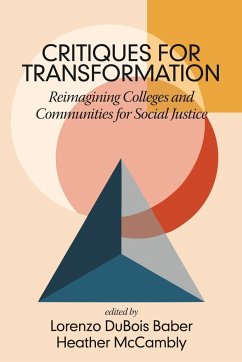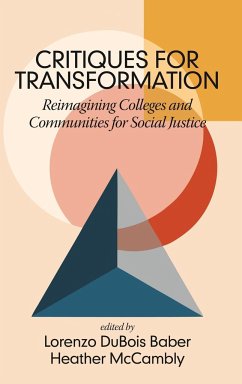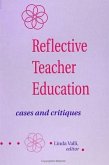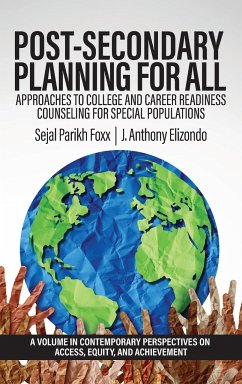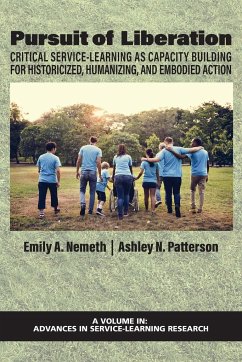To sustain contemporary movements towards educational equity, postsecondary leaders at all levels need resources that connect evidence-based critiques of structural inequities to forward-thinking visions for a more socially-just academy. To address this critical challenge, we bring together scholars to deconstruct oppressive norms of theory and practice and provide a direction towards reconsiderations across various postsecondary contexts. Each chapter identifies a normative practice that reinforces material and cultural oppression of student populations from minoritized identities, challenge underlying assumptions that support current norms, and make recommendations for redeveloping practices that center the well-being and success of underserved student populations. In presenting a range of expertise and disciplinary foci in the study of higher education, this volume contributes to a holistic re-envisioning of colleges and universities as transformational spaces for social change. The book provides insights and recommendations from scholars to a wide-ranging audience, including federal and state policymakers, postsecondary administrators and leaders, philanthropists, researchers, and graduate students. The primary audience are graduate students enrolled in various educational leadership programs including educational policy studies, higher education, student affairs, curriculum and instruction, or learning sciences. This book will be especially valuable for increasing the focus on generative critique in research, practice, and policy in graduate programming curriculum. This volume will also be a valuable resource for policymakers involved in shaping postsecondary initiatives at the local, state, and federal levels. Finally, this book will appeal to current practitioners at colleges, and universities as they seek additional professional development and cross-institutional collegiality around practices related to social justice and equity.

